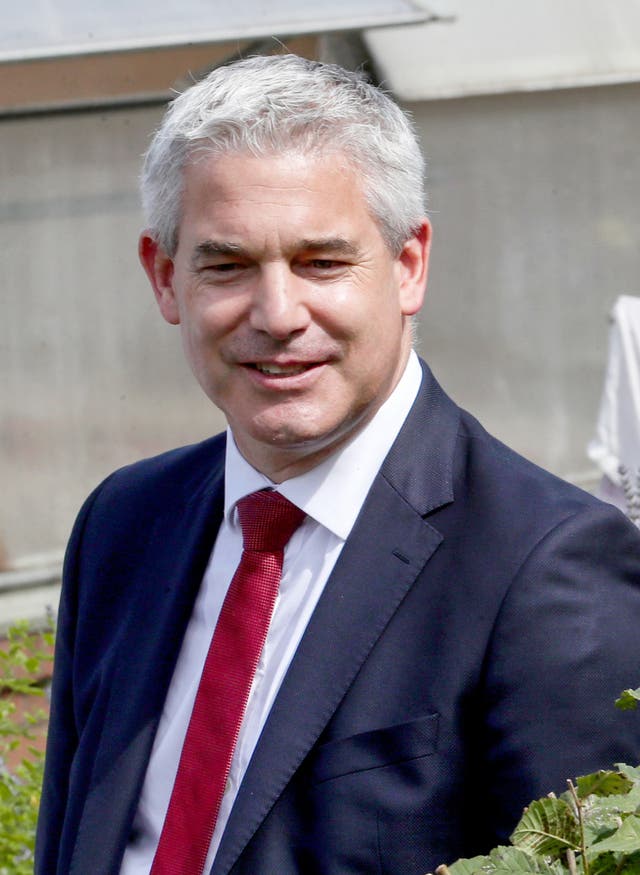Johnson’s new chief of staff pledges ‘smaller state’ amid partygate pressure
Steve Barclay said the Government would be ‘taking a step back from people’s lives’ as the coronavirus pandemic recedes.

Boris Johnson’s new chief of staff has pledged it is now a “priority to restore a smaller state” as the Prime Minister strives to keep Conservatives on side while facing questions from police investigating alleged lockdown breaches.
Steve Barclay, who was handed the role as part of the shake-up of No 10 in response to the partygate scandal, said the changes would include “taking a step back from people’s lives” as the threat from the coronavirus pandemic lessens.

The Prime Minister will leave Westminster this week insisting he is “getting on with the job” while touting his staffing changes as helping to focus on his “levelling up” policy as he fights to stay in office.
No 10 said he is to start the week with a visit to a manufacturing site in Scotland before heading to an oncology centre tackling coronavirus backlogs in the north west of England.
But the trip comes in the seven days Mr Johnson has to avoid a fine by answering a legal questionnaire from Scotland Yard officers investigating whether he broke his own Covid laws.
Mr Barclay wrote in the Sunday Telegraph: “Now, it is a priority to restore a smaller state – both financially and in taking a step back from people’s lives. It’s time to return to a more enabling approach. To trust the people, return power to communities, and free up business to deliver.”
The Cabinet minister pledged to “make the centre of government work like the best-run companies”.
In a statement, Mr Johnson said: “I’m getting out of London this week and taking a simple message with me – this Government is getting on with the job of uniting and levelling up the country.”
But travelling north of the border will present its own challenges, with his ally Jacob Rees-Mogg having accused Douglas Ross of being “lightweight” after the Scottish Tory leader called for Mr Johnson’s resignation.
The calls for the Prime Minister to go will only grow louder and more widespread if he cannot convince police he was not in breach of regulations at up to six events.
As he employs the help of personal lawyers, the Telegraph cited Mr Johnson’s allies in reporting he plans to argue he was working in his official Downing Street flat on the night of the alleged “Abba party” in November 2020.
The Times said that even if he is fined he will not resign, in a move that would be likely to trigger Tory MPs to force a vote of confidence in his leadership.
Scotland Yard says the questionnaires ask for an “account and explanation of the recipient’s participation in an event” and have “formal legal status and must be answered truthfully”.
Fifteen Tory MPs have publicly called for Mr Johnson to quit, while more are thought to have privately written to the 1922 Committee of backbench Tories calling for a no-confidence vote.
More are poised to do so if the Prime Minister is found to have broken his own coronavirus laws, or further damaging details emerge from the Sue Gray inquiry.
He will face a vote of no confidence if 54 Conservative MPs write to 1922 Committee chairman Sir Graham Brady, and would be ousted if more than half of his MPs subsequently voted against him.





